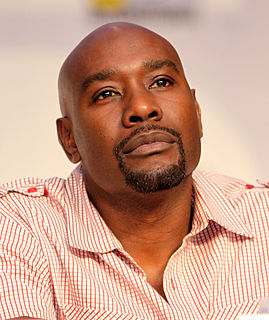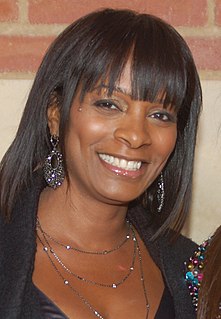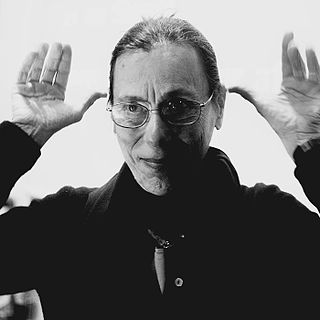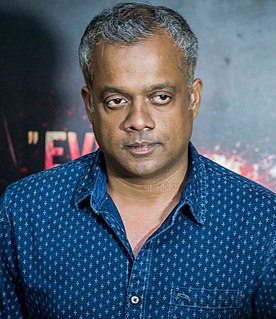A Quote by Jerry Weintraub
I am humble. It was an honor, and I cried the first time I saw the film His Way. Because to have people of that caliber, like Julia Roberts, take the time to sit down and give a day or two of their lives to a film about me, that they're not getting paid for, is pretty extraordinary.
Related Quotes
For me, as a film goer, I like nothing more than to sit in the cinema, have the lights go down and not know what I'm about to see or unfold on-screen. Every time we go to make a film, we do everything we can to try to systematise things so we're able to make the film in private, so that when it's finished it's up to the audience to make of it what they will.
Films are subjective - what you like, what you don't like. But the thing for me that is absolutely unifying is the idea that every time I go to the cinema and pay my money and sit down and watch a film go up on-screen, I want to feel that the people who made that film think it's the best movie in the world, that they poured everything into it and they really love it. Whether or not I agree with what they've done, I want that effort there - I want that sincerity. And when you don't feel it, that's the only time I feel like I'm wasting my time at the movies.
I like Twitter, actually and I like Instagram and I like talking to people. Most weeks, I'll take a day, a morning or two out of my day and I'll sit and I'll just answer my tweets. You have to get back quickly. And I think that's important to let people know that you see them because they took the time to acknowledge me. And they took the time to if you want to be my fan and to follow me and appreciate what I do.
I remember, the first time I saw a [Andrei] Tarkovsky film, I was shocked by it. I didn't know what to do. I was fascinated, because suddenly I realized that film could have so many more layers to it than what I had imagined before. Then others, like Kurosawa and Fellini, were like a new discovery for me, another country.
You don't have that interaction with the audience when you're acting for film; you're kind of acting in a vacuum. You're acting for a disinterested grip who just wants to reply to his wife about what time he'll be home for dinner. Everyone else on a film set is also there because they're paid to be there. They're not there because they're passionate about what you do necessarily.
I should say that feminism gave me permission to deal with my own emotional life and put it up front in certain ways, or use film as a way to examine, at that time, my own heterosexual experience. Lives of Performers was the beginning of that kind of investigation. But also, the film was influenced by the aesthetics and structures of experimental film as that was taking place at the same time. Hollis Frampton was a big influence on me at that time.
After directing awhile, you get an instinct about it, but you have to be able to trust your own feelings. Invariably, two-thirds of the way through a film, you say, "Jeezus, is this a pile of crap! What did I ever see in it in the first place?" You have to shut off your brain and forge ahead, because by that time you're getting so brainwashed. Once I commit myself to a film I commit myself to that ending, whatever the motivations and conclusions are.
I think people are willing to take more of a risk on an indie film, about character, etc...but at the same time, when I work on projects that are substantially bigger, in a way they do feel small. Even though the catering is way better and we actually have someone shooting with real film.... The budgets are bigger but the story still feels small, like an indie film.
All of my plays have puzzled some people, and I'm happy to say delighted a few, but a lot of people have just not seen how quite to look at them. And this film... if you like my writing, you'll like this film. If you don't, you won't like the film. It's pretty faithful to - it's a pretty uncompromising presentation of my way of seeing things, I suppose.



































